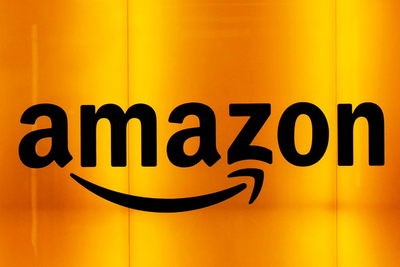
The District of Columbia has filed a lawsuit against Amazon, alleging the company secretly stopped providing its fastest delivery service to residents of two predominantly Black neighborhoods while still charging millions of dollars for a membership that promises the benefit.
Introduction
The complaint, filed in District of Columbia Superior Court, revolves around Amazon's Prime membership, which costs consumers $139 per year or $14.99 per month for fast deliveries — including one-day, two-day and same-day shipments — along with other enhancements.
The lawsuit alleges that in mid-2022, Amazon imposed a delivery "exclusion" on two low-income zip codes in the district — 20019 and 20020 — and began relying exclusively on third-party delivery services such as UPS and the U.S. Postal Service, rather than its own delivery systems.
Summary of Allegations
The District of Columbia's attorney general’s office alleges that Amazon never told Prime members in the two zip codes about the change even though they experienced slower deliveries as a result. Amazon also did not tell new customers about the exclusions when they signed up for Prime memberships, the lawsuit says.
Key Points
The lawsuit highlights several key points, including:
- Amazon's Prime membership promises fast deliveries, but the company allegedly stopped providing its fastest service to residents of two predominantly Black neighborhoods.
- Amazon imposed a delivery "exclusion" on the two low-income zip codes and began relying exclusively on third-party delivery services.
- The company never informed Prime members in the affected areas about the change, resulting in slower deliveries.
- Prime members in the impacted neighborhoods have ordered millions of packages over the past four years, with a significant portion being delivered within two days before the exclusion was implemented.
Avoidance of Transparency and Accountability
The lawsuit claims that when some customers complained about slower deliveries, Amazon concealed the true reason for the delays and "deceptively implied" that the delays were simply due to natural fluctuations in shipping circumstances. This lack of transparency is a major point of contention in the lawsuit.
Consequences for Affected Prime Members
The district's lawsuit seeks an order prohibiting Amazon from engaging in unfair or deceptive practices, as well as restitution or damages to affected Prime members and civil penalties. The complaint emphasizes that Amazon has nearly 50,000 Prime members who live in the two zip codes, representing nearly half of the population.
Amazon's Response
Amazon spokesperson Nantel stated that the company is "always transparent" with its customers during the shopping journey and checkout process about when they can expect their orders to arrive. However, the lawsuit disputes this claim, arguing that Amazon concealed the true reason for slower deliveries.
Background on Antitrust Lawsuit
The complaint filed Wednesday represents the second major legal battle between Amazon and the District of Columbia, which also filed an antitrust lawsuit against the company. The ongoing litigation highlights the complex relationships between e-commerce giants, government agencies, and consumer interests.